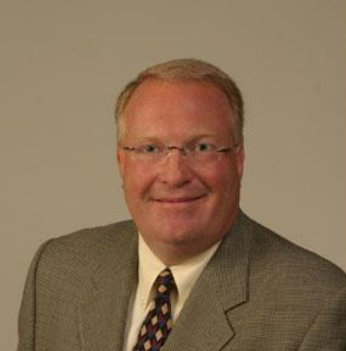
Larry McAnarney
815-703-4745
When will the principal and interest charges become due?
The loan must be paid in full when one of the following occurs:
- A “maturity event” — the loan becomes due and payable when the home is sold, or the borrower or qualified non-borrowing spouse no longer occupies the home as their principal residence (i.e., passes away, moves out, or vacates the property for more than 12 months) due to mental or physical illness.
- You fail to pay property taxes or homeowners insurance.
- You let the property deteriorate beyond what is considered reasonable wear and tear, and do not correct the problem.